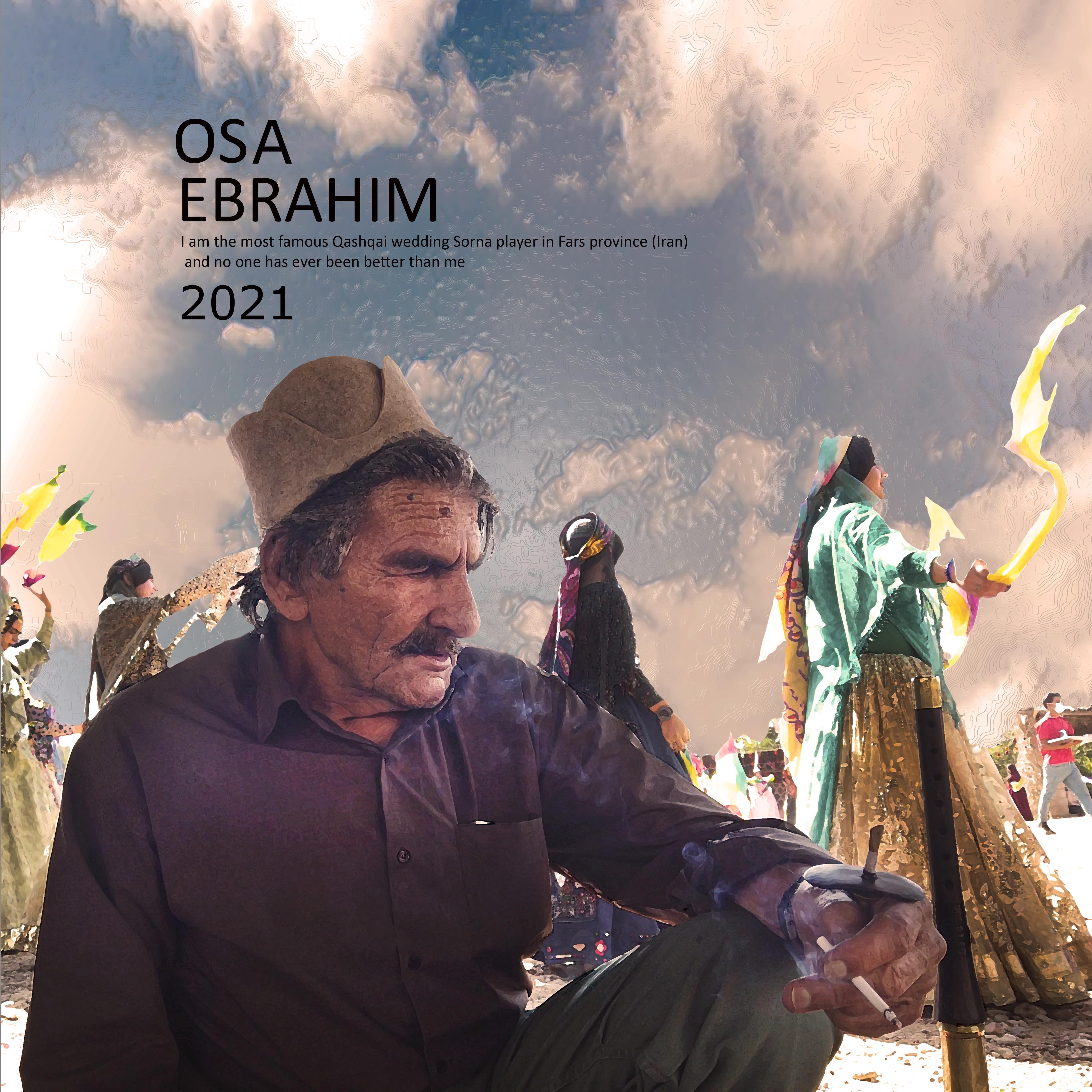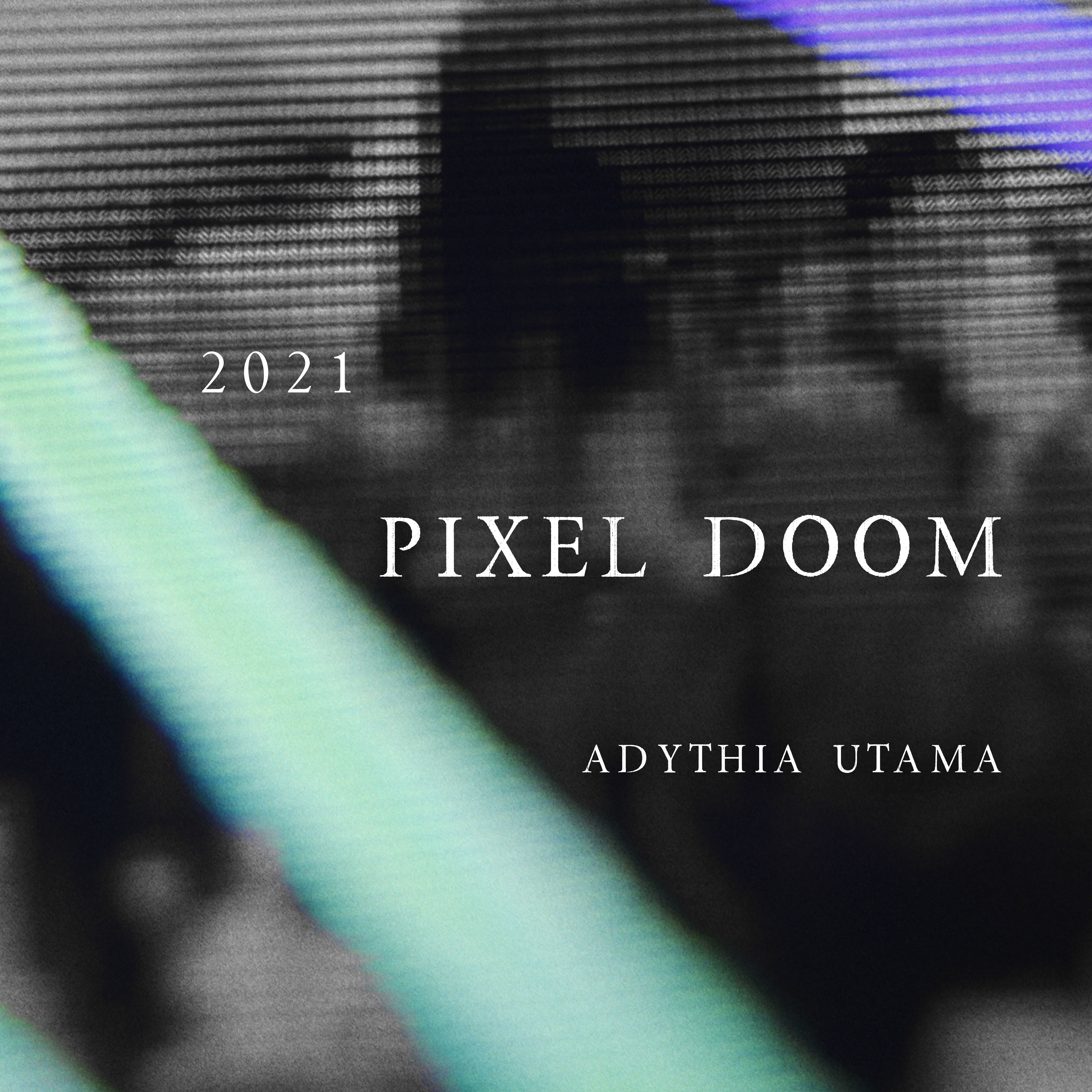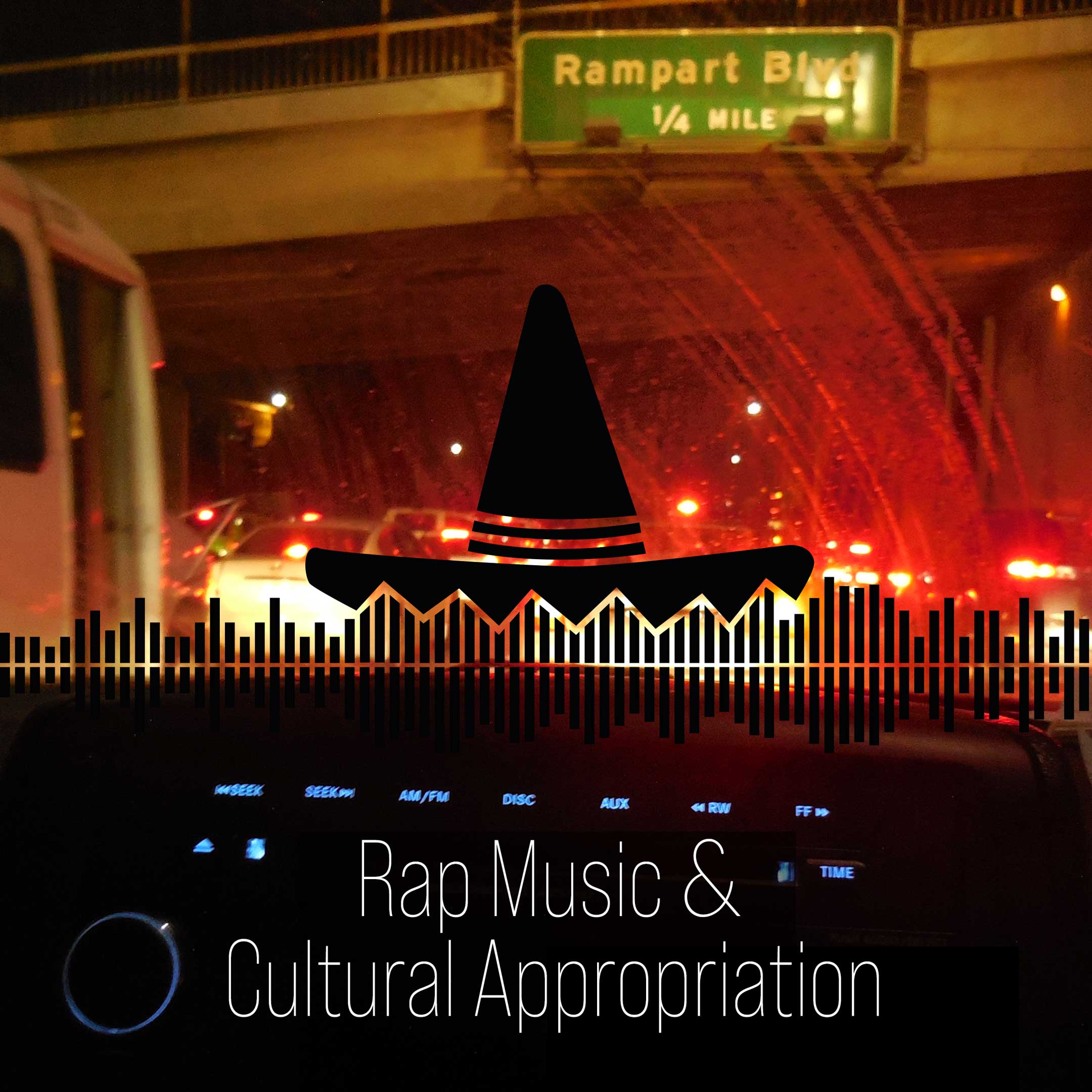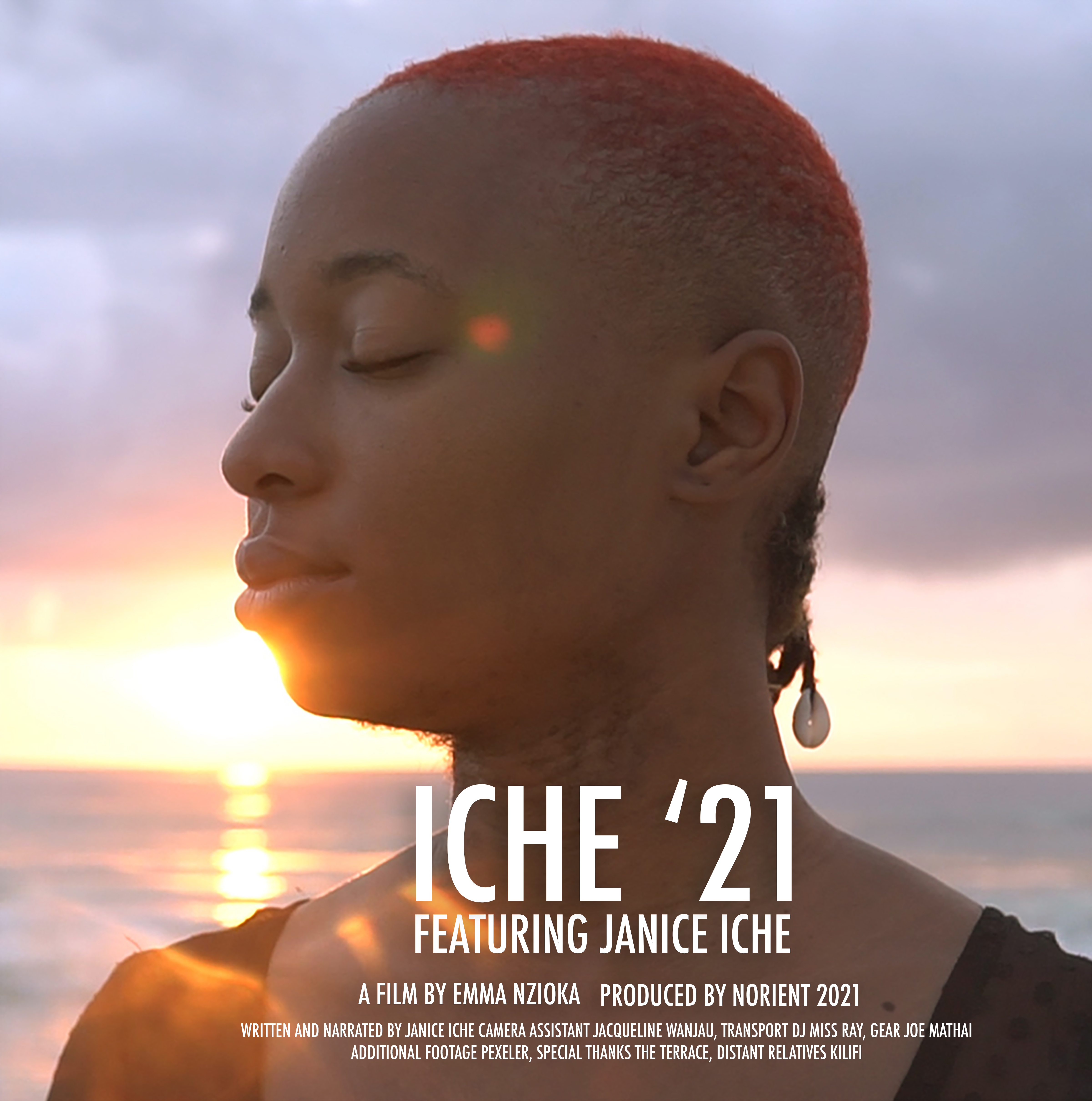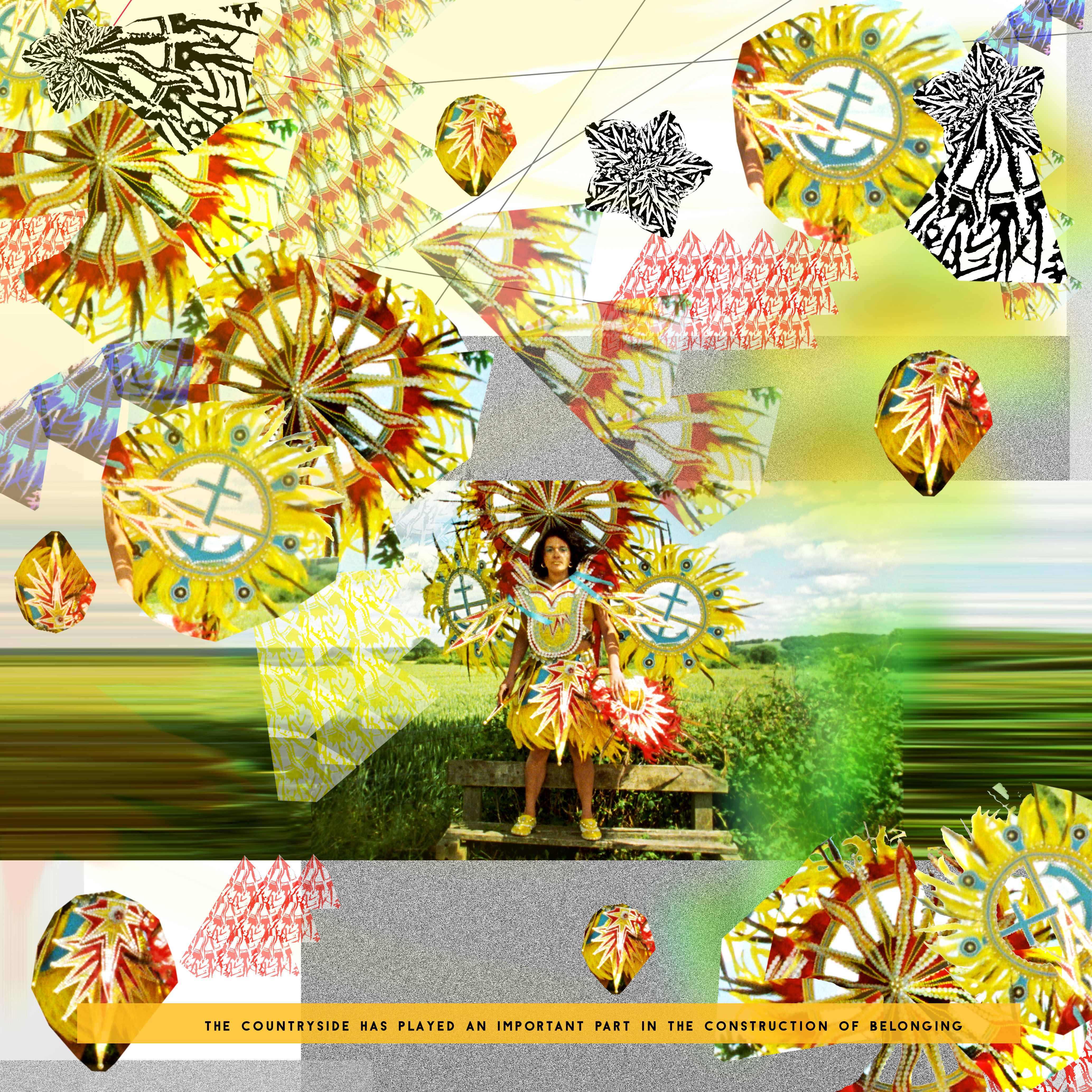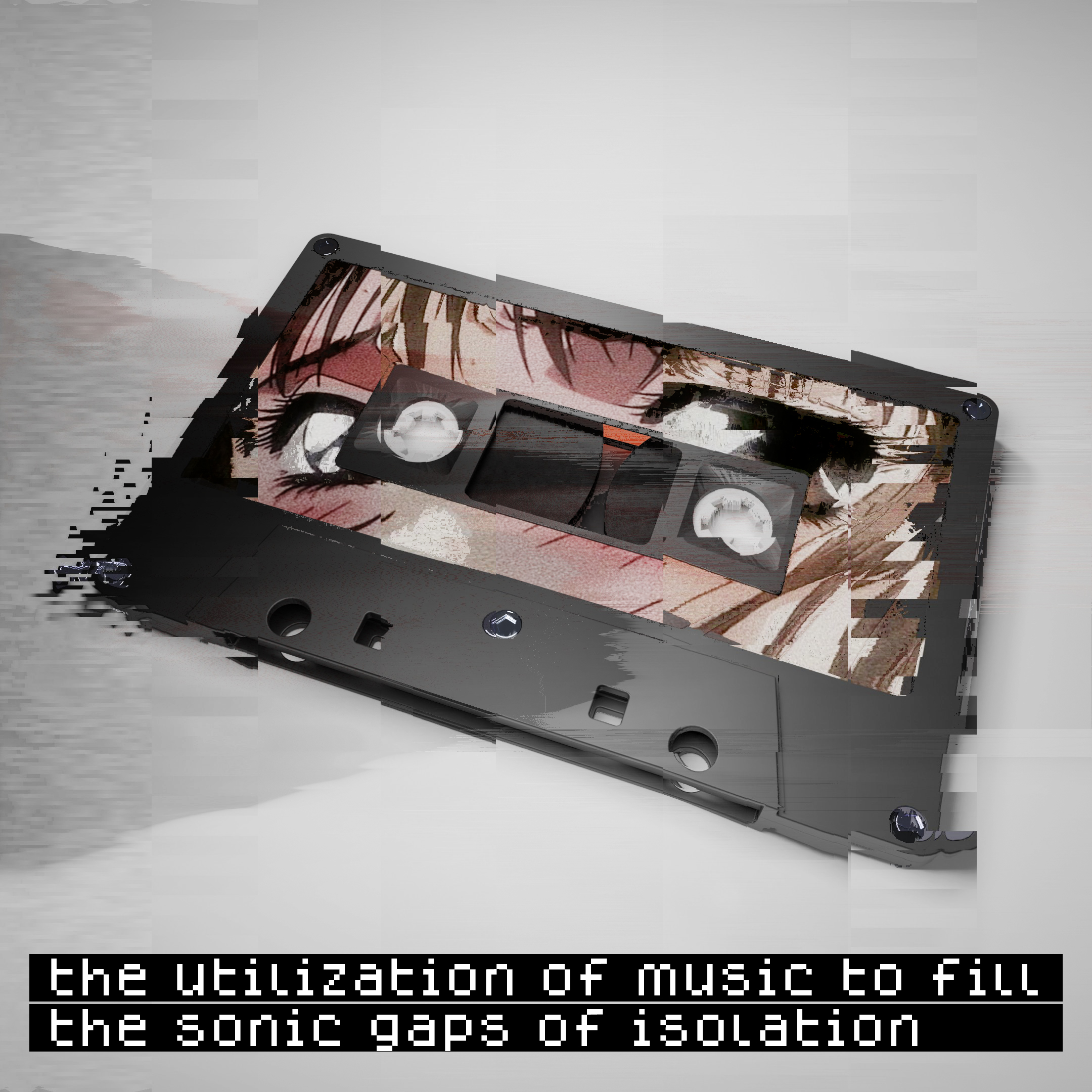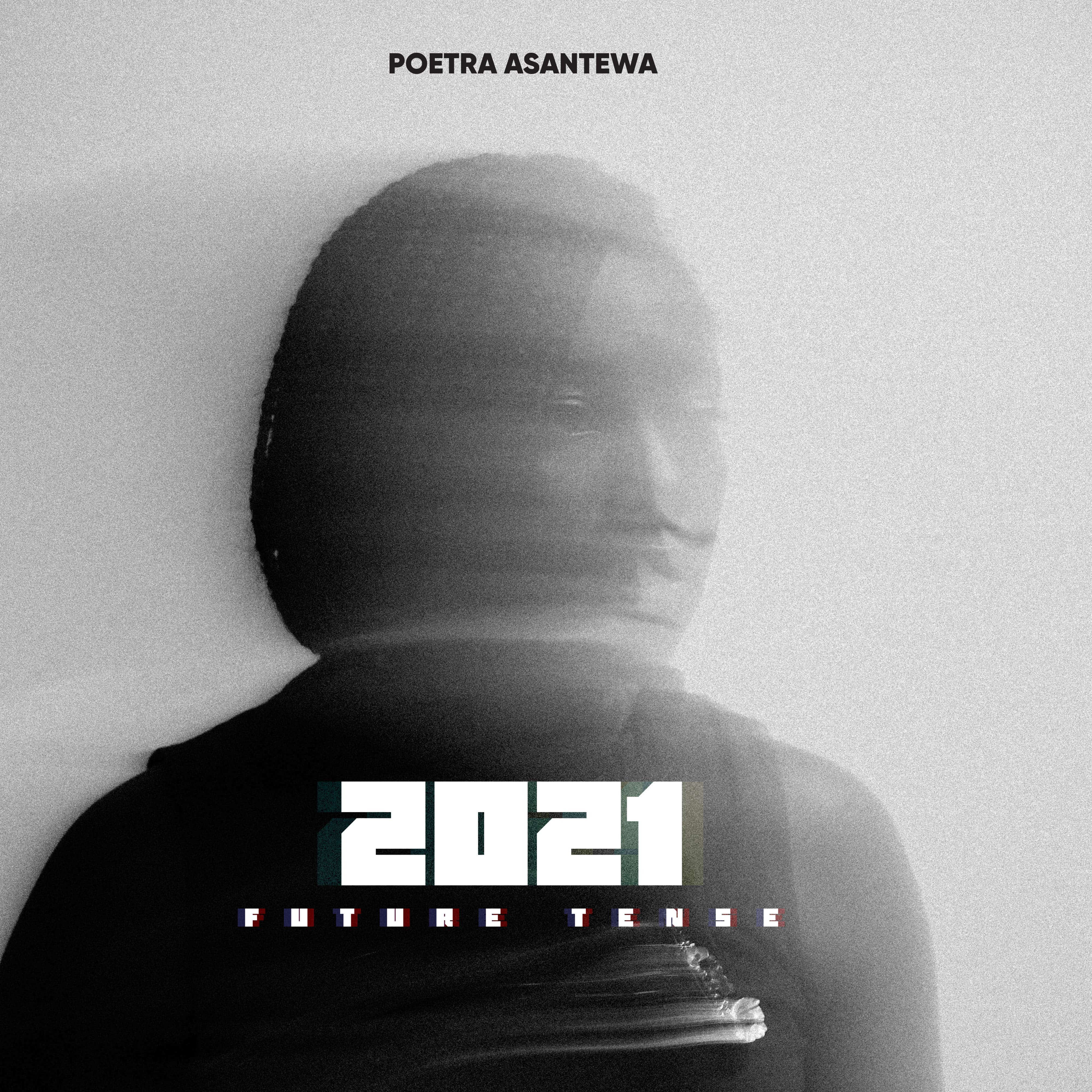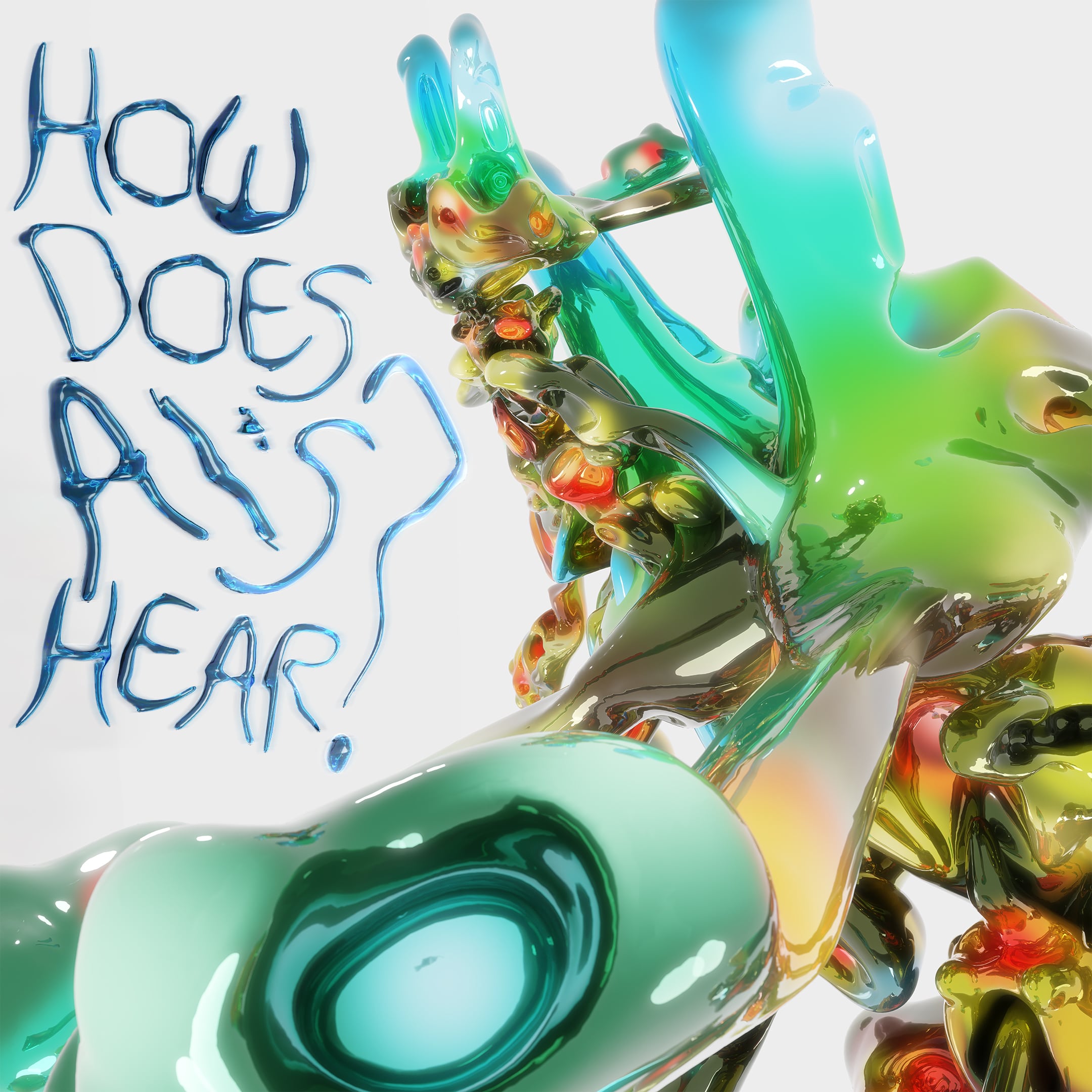Queer Survival Strategies in Digital Worlds
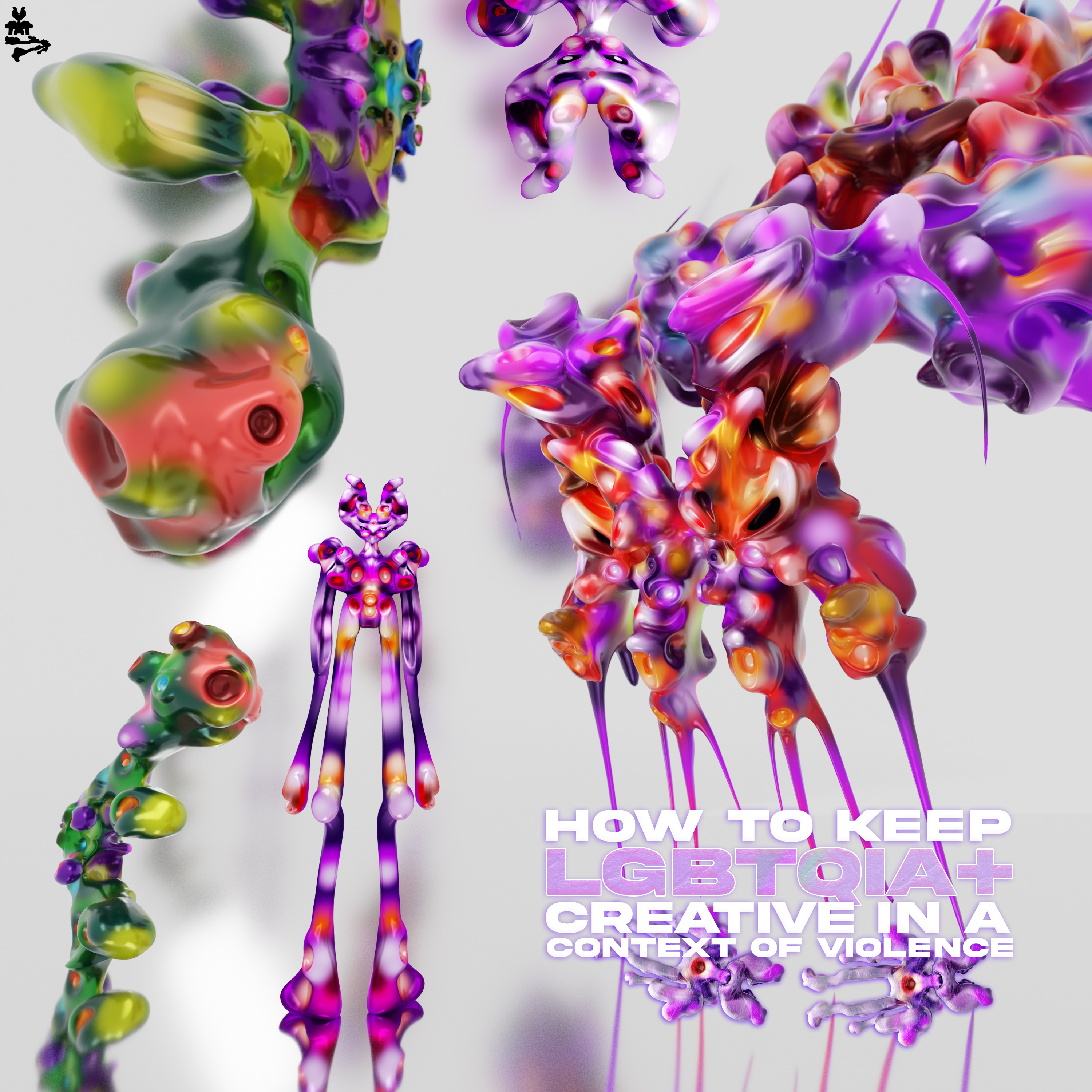
In Brazil, LGBTQIA+ people have always been living under conditions of emergency. The current pandemic has only intensified this. However, the web has become an even more important safe space to imagine non-hegemonic futures. Read a statement by Paulete LindaCelva.



